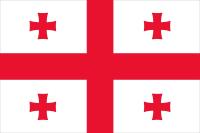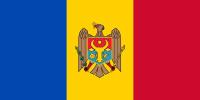
The Breakup of the USSR
Independence of the Soviet Republics
In the early 1990s, the world witnessed the dramatic dissolution of the Union of Soviet Socialist Republics (USSR), leading to the emergence of fifteen independent nations. Each republic followed its unique path to sovereignty, driven by a combination of political upheaval, nationalistic fervor, and the weakening grip of Moscow's central authority. This article explores the timeline and context of each republic's journey to independence, highlighting the pivotal moments that shaped the post-Soviet landscape.

Armenia

Azerbaijan

Belarus

Estonia

Georgia

Kazakhstan

Kyrgyzstan

Latvia

Lithuania

Moldova

Russia

Tajikistan

Turkmenistan

Ukraine

Uzbekistan
Conclusion
The dissolution of the USSR marked a significant turning point in global history, giving rise to fifteen independent nations, each embarking on its unique journey toward sovereignty and self-determination. The transition was marked by political upheaval, referendums, and a strong desire for autonomy, reshaping the geopolitical landscape of Eurasia. These newly independent republics have since navigated the challenges of nation-building, forging their paths in the post-Soviet era while contributing to the rich tapestry of global history.